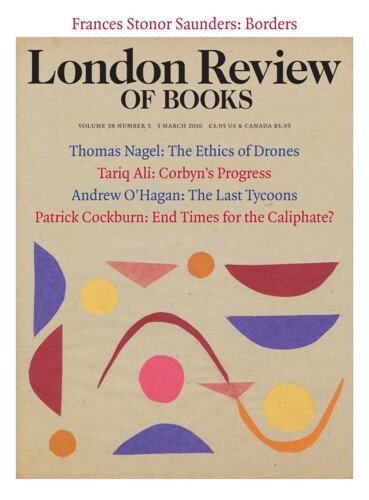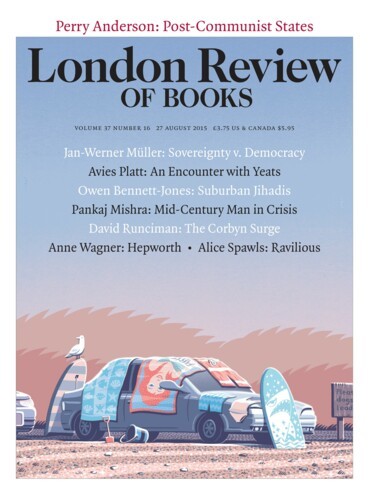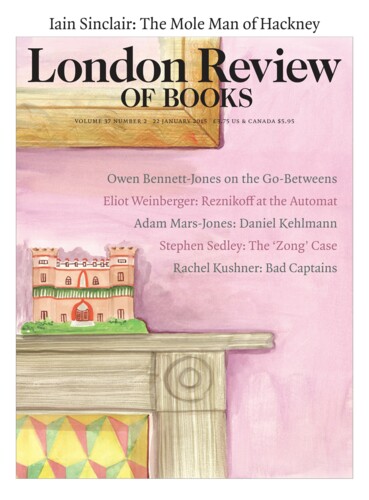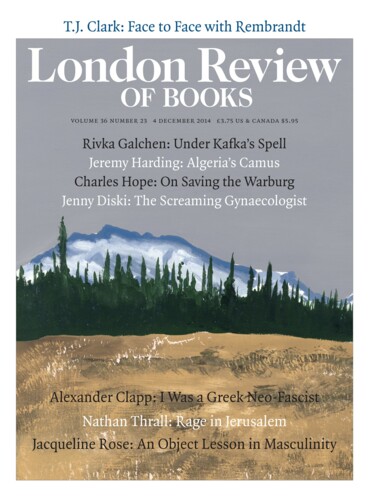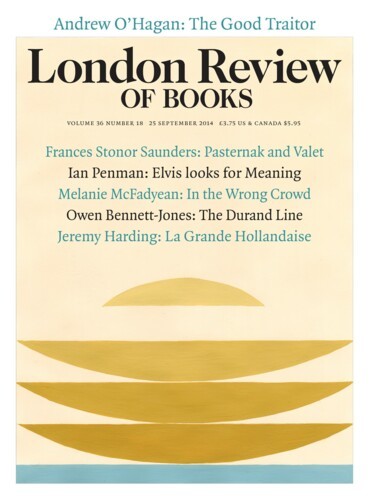The Military and the Mullahs
Owen Bennett-Jones, 3 March 2016
On 4 October 1954 Pakistan’s army chief General Ayub Khan passed the hours of a sleepless night at the Dorchester Hotel in London writing ‘A Short Appreciation of Present and Future Problems of Pakistan’. It ran to 2500 words and outlined the general’s views on how best to manage a country that had existed for seven years but had been unable to agree a constitution....
